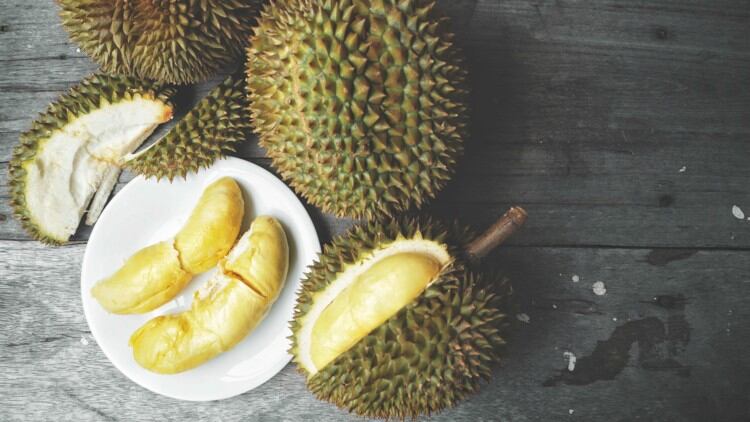More control: FSSAI wants to expand jurisdiction over India’s food imports and exports
The Food Safety and Standards Authority of India (FSSAI) is looking to amend the Food Safety and Standards (FSS) Act to expand its jurisdiction over the country’s food product exports, in addition to relaxing licenses and gaining control over animal feed.
Thus far, food product exports in India have not been listed under the purview of any domestic agency or the FSS Act.
According to statistics from the Agricultural and Processed Food Products Export Development Authority (APEDA), the value of US$18.6bn (INR11.9mn) in the FY2017-2018 timeframe from US$16.2bn (INR10.8mn) in FY2016-2017.
As of June 24, this has already hit US$18.7bn (INR13mn) for the FY2018-2019 timeframe.
New halal blockchain traceability tool touted as a supply chain ‘gamechanger’
An online halal agrifood marketplace with a focus on blockchain food traceability, is poised to bring added traceability benefits to the halal economy.
OneAgrix's B2B platform will not only be able to track and trace halal produce and ingrediens, it will verify the authenticity of a manufacturer's halal certificate before a potential buyer can make a purchase. The data will be vetted and secured through a blockchain ledger to help combat halal food fraud and counterfeiting.
Blockchain is essentially an immutable records system whereby each part of the supply chain registers details that cannot be changed except through the full agreement of every member of the chain. By creating records that cannot be changed, traceability can be ensured.
It is widely recognised that a spate of fake halal products and dodgy certification has brought a growing need for more transparency in the segment. With blockchain already being used in the mainstream food industry, OneAgrix's is taking it to the halal segment with a solution powered by the OriginTrail protocol developed by Hong Kong tech startup Trace Labs.
Fizzy logic: Coca-Cola Amatil introduces Australia’s first fully recyclable soft drink container
Australian beverage giant Coca-Cola Amatil has recently announced its pioneering development of a 100% recyclable, carbonated-pressure proof soft drink bottle.
This invention is a first for carbonated drinks, and has been hailed by the company as a ‘major step forward for sustainability’.
“[Pressure] inside a soft drink bottle is up to 100 psi, or three times the pressure in a car tyre. So the bottle for carbonated drinks needs to be much stronger than for still beverages, and that’s been an obstacle in using 100% recycled materials for these types of drinks,” said Group Managing Director Alison Watkins.
“[We’ve] overcome this challenge through innovation and design, and we’re now the first in Australia to make 100% recycled plastic bottles for carbonated beverages.”
Healthy food in Australia: Three major trends to influence new product development revealed
An increasing focus on gut health, alternative protein sources and better-for-you product development are amongst the major trends that industry experts have identified as crucial to the Australian healthy foods industry.
Speaking at the Naturally Good 2019 Business Summit, Natural Products Consulting Principal Bob Burke and IRI Worldwide Chief Commercial Officer – Asia Pacific Alistair Leathwood discussed key factors and trends in the health foods market, and how businesses can take advantage of these.
‘Wrong move, wrong time’: India’s colour coded labelling regulations draft hit red light with industry
A new food labelling regulations draft published by the Food Safety and Standards Authority of India (FSSAI) suggesting colour coded labelling for products high in fat, sugar and salt (HFSS) has drawn fervent protest from the nation’s food and beverage industry.
The Food Safety and Standards (Labelling and Display) Regulations, 2019 has been moved forward from its stakeholder-debate phase earlier this year in March with the majority of proposals put forth then being included in the new regulations draft.
As per the draft, all packaged food labels would need to include the product’s name, a vegetarian vs non-vegetarian declaration, and information on its per serve contribution of energy, saturated fat, trans fat, added sugar and sodium to Recommended Dietary Allowances (RDA).




